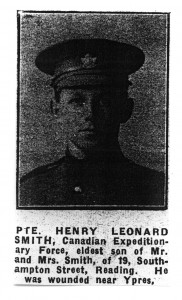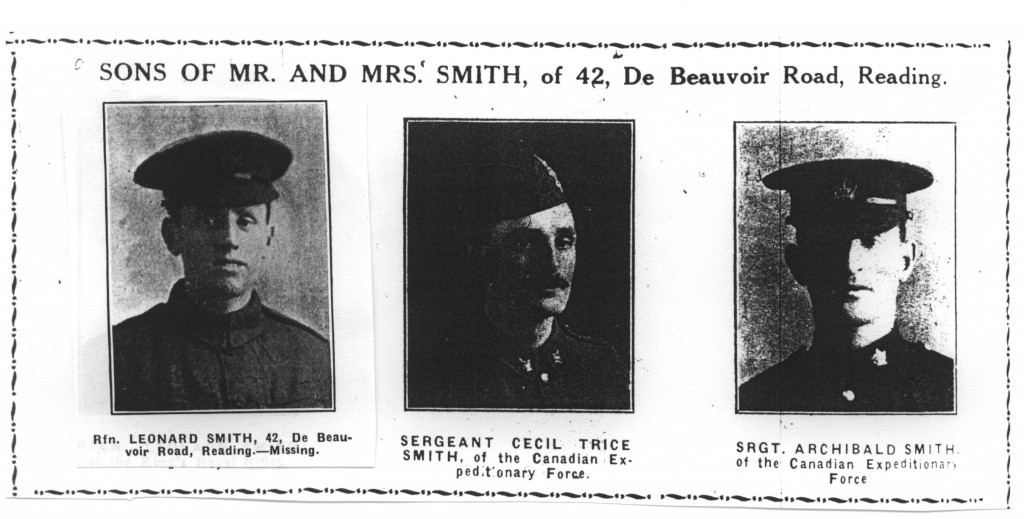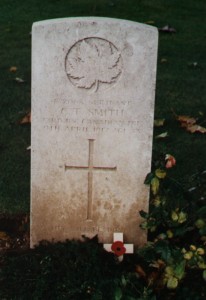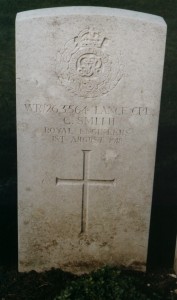H.G.L.Smith
Company Sergeant Major 193
Princess Patricia’s Canadian Light Infantry (Eastern Ontario Division)
Division 79 Extension
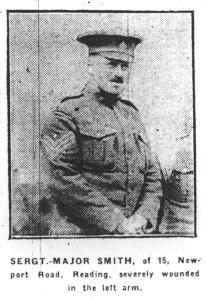 |
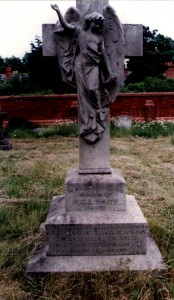 |
H.G.L. Smith was known as Slope and this name is inscribed on the headstone of his registered war grave. The distinctive memorial bears a cross and an angel. Grave number 16062. He died on 2nd February 1915.
Slope’s funeral was the first military funeral in the Reading Borough and was unusual because he died of wounds in France and his body was brought back to this country as a result of his sisters endeavours. Shortly after it was decreed that British service men would be buried in the country where they died.
Slope Smith a native of Reading was living in Canada at the outbreak of war and came to England with the Princess Patricia’s Light Infantry. The P.P.C.L..I. were not part of the Canadian Expeditionary Force, in spite of its name, but part of 27th Division British Army. The were a unique force raised by Hamilton Gault a Montreal business man.Slope Smith already had an impressive army record having served in the South African War with the Royal Horse Guards and at one time with the 12th Lancers. After the South African war served as a native commissioner in NW Rhodesia.
The Reading Chronicle on the 5th February 1915 published an article about Slope and his wounding on the 25th January The article included a letter to his sister. By the time the paper was publish Slope Smith had already died although the editor did not know that fact his wounding and rather critical state were commented upon. The following week, 12th February the Chronicle gave details of his death and funeral.
E.J. Smith
Staff Serjeant
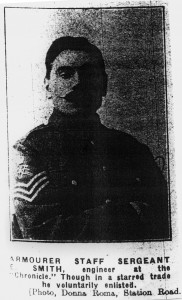 |
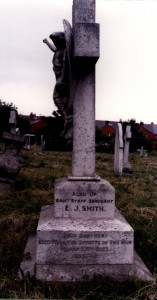 |
E.J. Smith was the brother of Slope Smith, he is buried in his brother’s grave, the inscription giving his details states:
“Died from the effects of the War”
He died on the 27th March 1923 aged 42 years. His death occurred too late for him to be counted as an official war casualty with his name registered by the CWGC.
It is known that he joined the army voluntarily but not the regiment to which he belonged. It is possible that his first name was Edmund.
